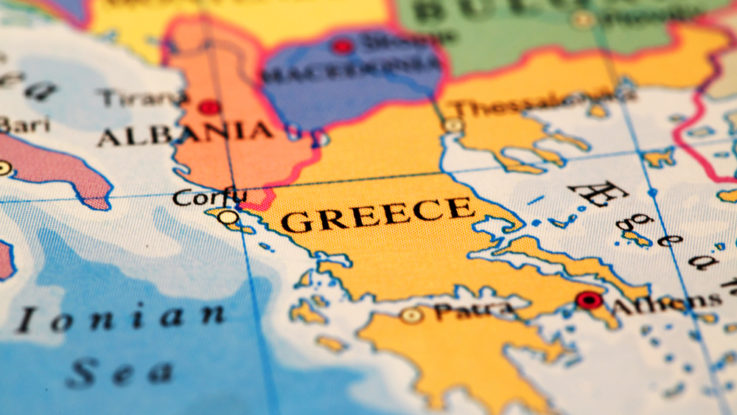
Greece’s “Smart Cities” program was launched by the Greek Ministry of Digital Governance in 2021, and is now entering its second phase. A further 315 Greek cities will have the opportunity to participate starting July 1st of this year. The program is open to municipalities with a population of less than 100,000 inhabitants.
The purpose of the program is to upgrade the daily lives of residents and local communities by selecting digital projects that best meet the priorities of each municipality. The ministry has published a list of projects structured in seven categories: sustainable movement; energy saving; the reduction of the energy footprint of municipal buildings; improving resident and business services; improving the quality of life; strengthening local democracy, consultation, and transparency; and protection from cyberattacks and enhancement of digital infrastructures.
Municipalities will be able to select from among 38 actions that best meet their needs. These actions include:
- a smart parking system;
- smart stops for public transportation;
- a smart system ensuring access for people with mobility problems;
- smart and disabled-friendly pedestrian crossings;
- a smart city / municipal guide offering info on local businesses;
- management of indoor and outdoor sports, culture, and entertainment venues;
- electronic ticket management for sports and cultural events;
- a smart warning system for extreme natural phenomena ( such as floods, fire, earthquakes, etc.);
- the digitization of local cultural heritage; and
- the selection of a digital twin city.
The program is funded by a €230m (~ US$241.5m) grant from the European Regional Recovery Fund (ERDF). Amounts available to the municipalities range from €210,000 (for very small municipalities) to €2,770m (for municipalities with a population of slightly less than 100,000 inhabitants.